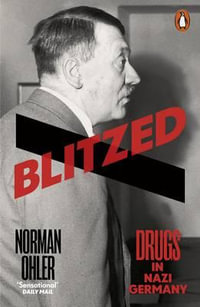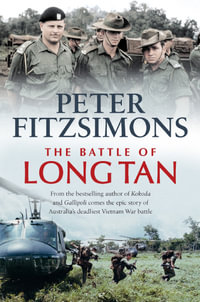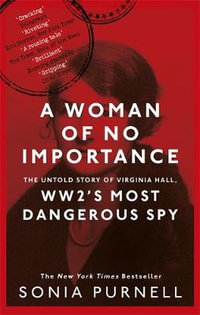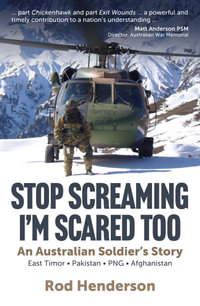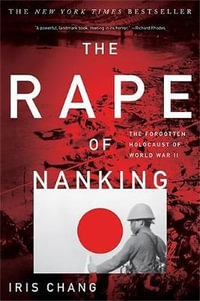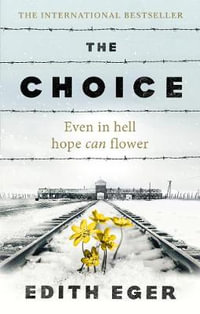In June 1941, the jaws of the German war machine clamped onto the Soviet Union, with German soldiers - the Third Reich's teeth - slicing through the Red Army, encircling and killing and capturing. Before the end of the year, the Red Army halted the German blitzkrieg and saved the Soviet Union. It was a defining moment of World War II and a defining moment of military history - a defining moment of what it meant to go to war in the twentieth century, with an army designed to devastate, to kill, to enslave butting heads with an army decapitated by Stalin's purges.
For the next six months, German armies fought toward Moscow but ultimately failed to seize that objective, from the Black Sea in the south to Leningrad in the north. More than just a pivotal moment of World War II, more than just the beginning of the Eastern Front, the campaign toward Moscow - Germans versus Soviets in a no-holds-barred battle for the soul of Europe - speaks to what it meant to be a soldier in World War II.
(Far more soldiers, German and Russian, fought and died on the Eastern Front than the entire U.S. war effort.)
In a book drawing from hundreds of soldiers' accounts, and thousands of letter and diaries, Stahel and Luther tell the story of Operation Barbarossa but also the story of men at war in the twentieth century.
About the Authors
David Stahel teaches at the University of New South Wales and the Australian Defence Force Academy. His books include Joining Hitler Crusade (ed., Cambridge, 2017), Mass Violence in Nazi Occupied Europe (ed. with Alex J. Kay, Bloomington, 2018) and Retreat from Moscow (New York, 2019). Stahel lives in Canberra, Australia.
Craig Luther is a former Fulbright Scholar and a retired U.S. Air Force historian. He is author of The First Day on the Eastern Front: Germany Invades the Soviet Union, June 22, 1941 and Barbarossa Unleashed: The German Blitzkrieg through Central Russia to the Gates of Moscow. He lives near Bakersfield, California.
Industry Reviews
David Stahel and Craig Luther, among the foremost experts on the German invasion of the Soviet Union, have assembled a dramatic, insightful, often shocking collection of accounts from more than two-hundred German soldiers who took part in the invasion. Soldiers of Barbarossa conveys the ferocity of the fighting, the harshness of the environment, the brutality of the Third Reich's ideological 'crusade' in the East, and the calamity that befell the Wehrmacht as the Blitzkrieg failed for the first time. Students, experts, and laypeople alike will find Soldiers of Barbarossa compelling reading.
This splendid volume complements the authors' previous work on Operation Barbarossa by providing unique glimpses of this uncommonly brutal warfare through the soldiers' eyes. It not only captures the ferocity of the fighting but it also exposes the wildly swinging emotional reactions of the soldiers to it, as well as to the political context in which it took place. It is a must-read for those interested in World War II, in general, and the Soviet-German War, in particular.










